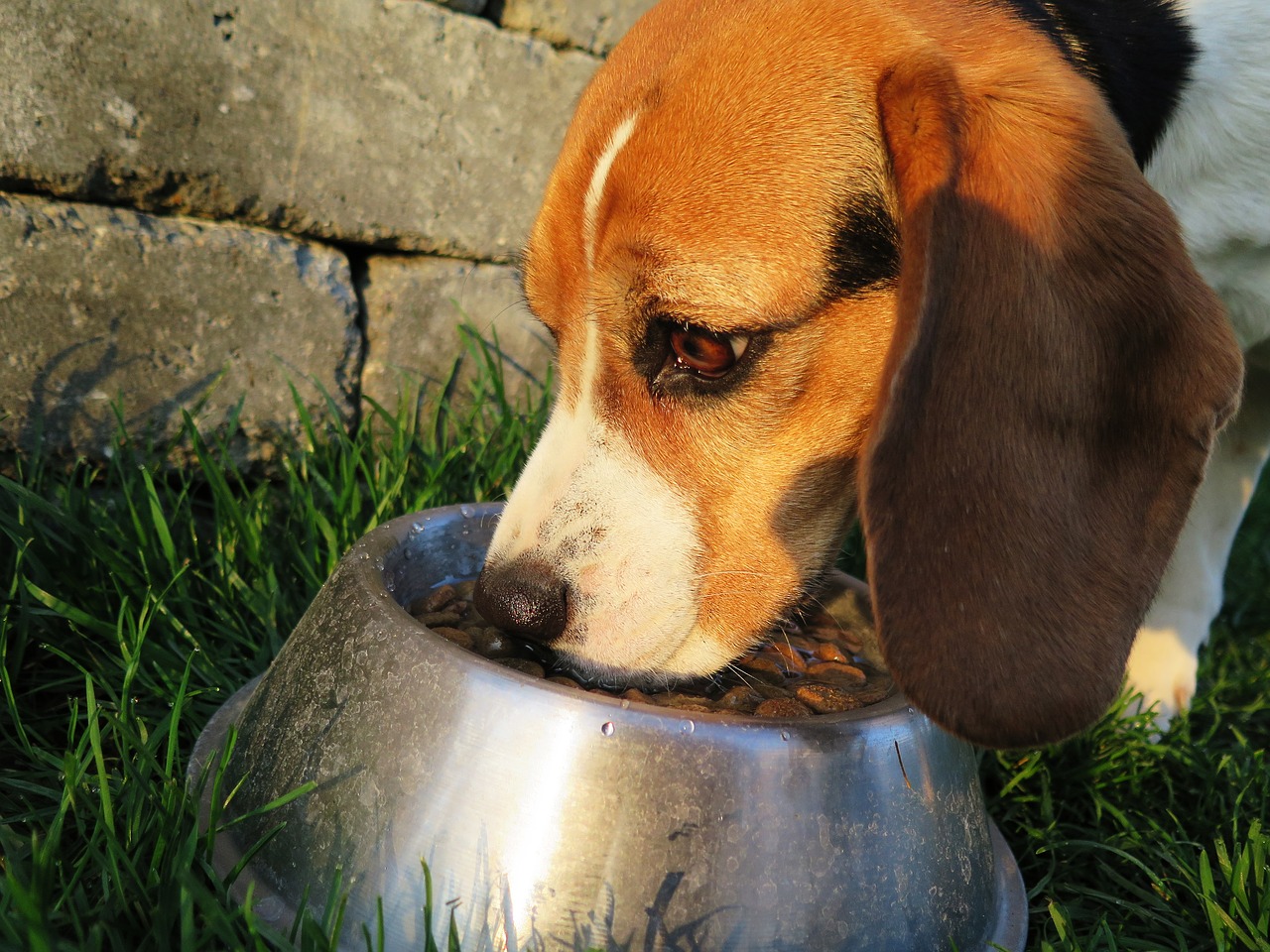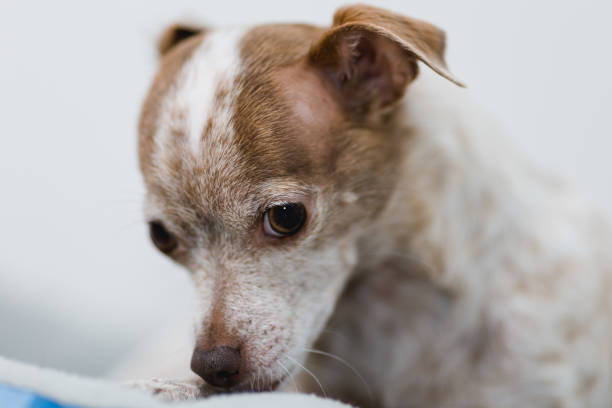10 Foods to Avoid Feeding Your Dog
This post contains affiliate links. This means I will make a commission at no extra cost to you should you click through and make a purchase. Read the full disclosure here.
When it comes to our furry friends, their health and well-being are of utmost importance. As responsible pet owners, we must ensure that we provide them with a balanced and nutritious diet. While there are various foods that dogs can safely consume, there are certain items that should be strictly avoided. This article aims to highlight ten foods that you should never feed your dog, as they can be harmful and potentially toxic to their health.
Chocolate and Caffeine
Chocolate and caffeine-containing products, such as coffee and tea, should never be given to dogs. These substances contain theobromine and caffeine, which are toxic to them. Ingestion of chocolate can lead to symptoms like vomiting, diarrhea, rapid breathing, increased heart rate, and even seizures. It’s important to keep all chocolate products out of your dog’s reach.
Grapes and Raisins
Grapes and raisins may seem harmless, but they can cause severe kidney damage in dogs. Even small amounts can be toxic and lead to symptoms like lethargy, vomiting, diarrhea, and decreased appetite. It’s best to avoid feeding your dog any grapes or raisins and be cautious about foods that contain them, such as certain baked goods or trail mixes.
Onions and Garlic
Onions and garlic, whether raw, cooked, or powdered, can cause anemia in dogs. They contain compounds that can damage the red blood cells and lead to weakness, vomiting, and breathing difficulties. It’s essential to avoid feeding your dog any dishes that contain onions or garlic, including onion soup or garlic bread.
Avocado
While avocados are considered healthy for humans, they can be toxic to dogs. Avocados contain a substance called persin, which can cause stomach upset, vomiting, and diarrhea in dogs. The pit of an avocado can also pose a choking hazard. It’s best to keep avocados away from your furry friend and not include them in their diet.
Alcohol
Alcohol is extremely dangerous for dogs, even in small quantities. It can cause intoxication, leading to symptoms like disorientation, coordination problems, vomiting, and even coma or death in severe cases. It’s crucial to keep all alcoholic beverages out of your dog’s reach and avoid accidental ingestion.
Xylitol
Xylitol is a sugar substitute commonly found in sugar-free gum, candies, and certain baked goods. Ingestion of xylitol can cause a rapid release of insulin in dogs, leading to a sudden drop in blood sugar levels. Symptoms may include weakness, seizures, and in severe cases, liver failure. It’s vital to check product labels and keep xylitol-containing items away from your dog.
Macadamia Nuts
Macadamia nuts are highly toxic to dogs, even in small amounts. Ingestion can result in symptoms like weakness, tremors, vomiting, and an increased body temperature. It’s important to avoid feeding your dog any foods containing macadamia nuts and be cautious of certain desserts or cookies that may contain them.
Raw Meat, Fish, and Eggs
Feeding raw meat, fish, or eggs to dogs can increase the risk of bacterial contamination and the transmission of parasites. It’s best to cook these foods thoroughly before feeding them to your dog to ensure their safety and avoid potential health issues.
Dairy Products
Although dogs love the taste of dairy products, many are lactose intolerant. Feeding them milk, cheese, or ice cream can lead to digestive upset, including diarrhea and stomach discomfort. Opt for lactose-free alternatives or consult your veterinarian for suitable dairy options for your dog.
Salty Foods
High levels of salt can be harmful to dogs. Avoid feeding them salty snacks, such as chips or pretzels, as it can lead to excessive thirst, dehydration, and electrolyte imbalances. In severe cases, it may even result in sodium poisoning. Stick to dog-friendly treats and avoid sharing salty human foods.
Conclusion
As pet owners, it is our responsibility to keep our dogs safe and healthy. By avoiding the ten foods mentioned in this article, you can significantly reduce the risk of potential health complications for your furry companion. Always consult with your veterinarian if you have any concerns about your dog’s diet or if you suspect they have ingested something harmful.
FAQs
1. Can a small amount of chocolate harm my dog?
Even a small amount of chocolate can be harmful to dogs, as it contains theobromine, which is toxic to them. It’s best to avoid feeding your dog any chocolate products.
2. Can I feed my dog cooked onions or garlic?
No, both cooked and raw onions or garlic can cause anemia in dogs. It’s important to avoid feeding them any dishes that contain these ingredients.
3. Is it safe to give my dog avocados?
No, avocados can be toxic to dogs due to the presence of persin. It’s best to keep avocados away from your dog and not include them in their diet.
4. What should I do if my dog ingests something harmful?
If you suspect your dog has ingested something toxic or harmful, contact your veterinarian immediately for guidance and assistance.
5. Can I share my salty snacks with my dog?
It’s best to avoid sharing salty snacks with your dog, as high salt levels can lead to dehydration and other health issues. Stick to dog-friendly treats instead.












